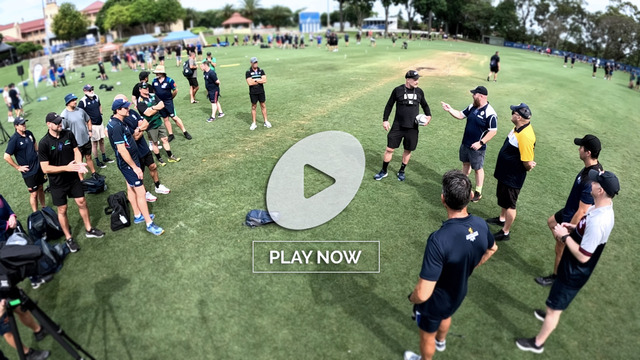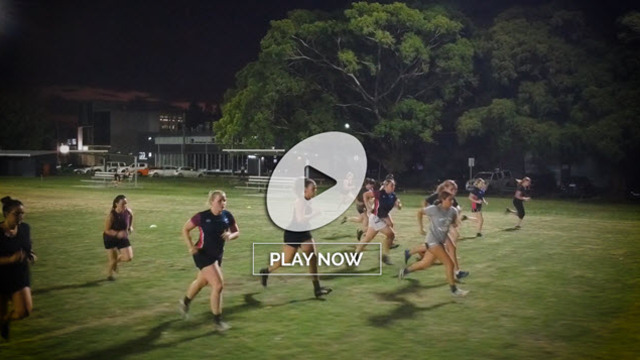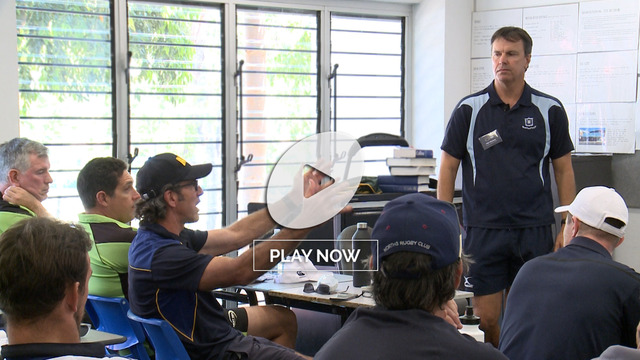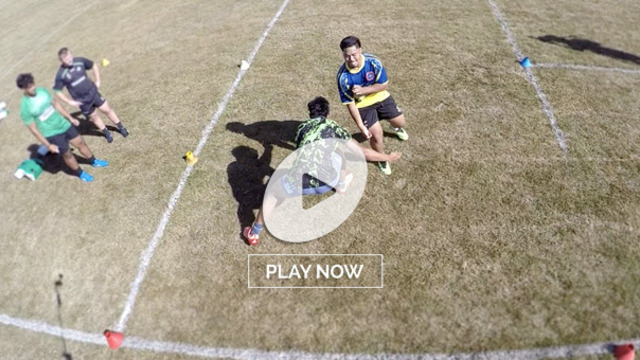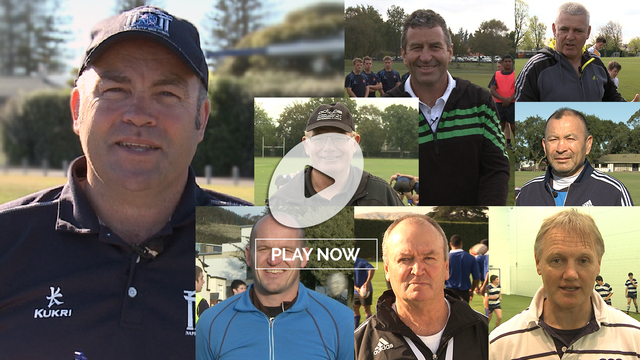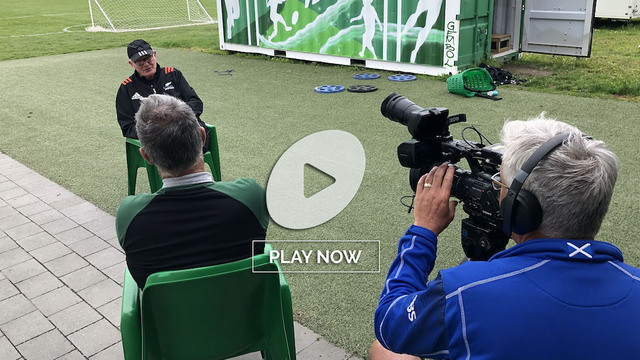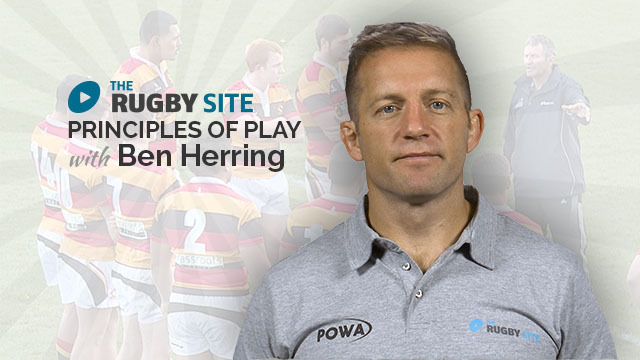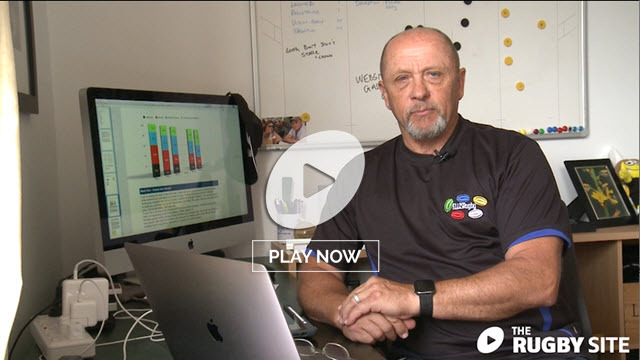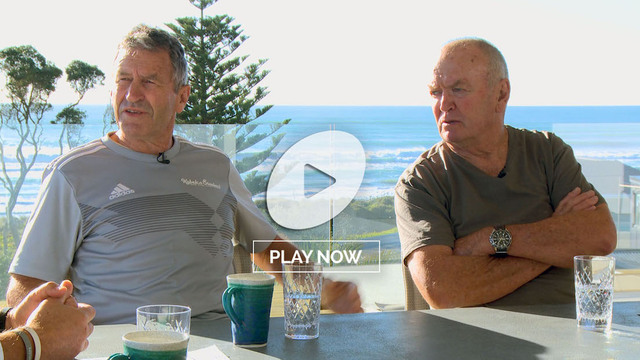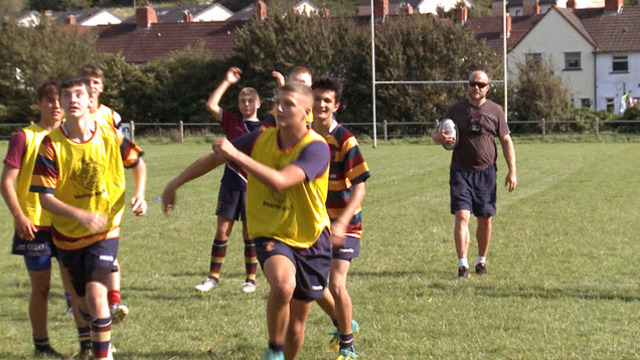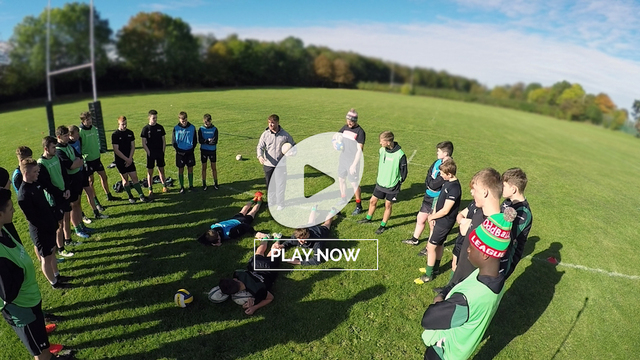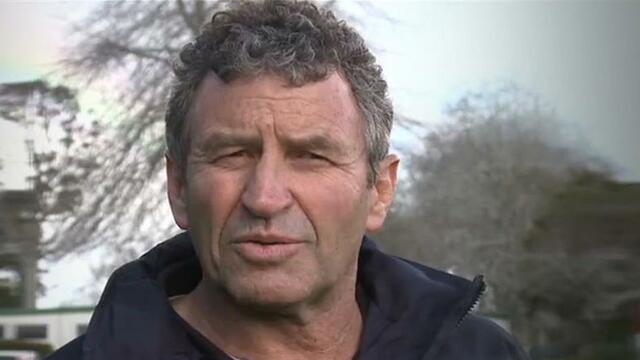The ink was barely dry on the official confirmation that Jonny Wilkinson will retire at the end of the season when he was first linked with a coaching role within the England set-up.
Surely the key figure in a dominant England side that won World Cups and Grand Slams at the turn of the century and the former leading all-time Test points scorer had a wealth of knowledge and experience to offer those players trying to replicate those achievements? And how could a player whose legendary dedication to his craft not inspire a similar level of commitment and industry from the next generation of club and international players?
England coach Stuart Lancaster immediately opened the door to the possibility of Wilkinson contributing in some form or another, gushing: “It would be incredible what he could offer young and senior players.”
Wilkinson has long since signalled his intention to help others develop when his playing career comes to an end with his strong desire to “make a difference” clearly stemming from the influence of coaches on his own career but will it be that easy?
Learn from the greatest coaches on the world here on The Rugby Site
A long line of coaches starting with his father Phil and also including the likes of his long-term mentor and friend Steve Black and kicking guru Dave Alred have shaped not only his playing days but also his philosophy. Others will have also no doubt have had an impact, from the likes of his former rugby master at Lord Wandsworth College and now respected coach Steve Bates, to former Newcastle coach John Fletcher and ex-England boss Sir Clive Woodward to his current coach at Toulon, Bernard Laporte.
His gratitude also extends to those that he has played alongside with his former England team-mate Mike Catt and current Toulon sidekick Matt Giteau notably name-checked in his retirement announcement. But others have made their mark, with his former Newcastle guardian Rob Andrew described as “a guiding light” and another Falcons cohort Inga Tuigamala hailed as “an inspiration”.
As influential as these players and coaches have been, it is clear that Wilkinson provided the key elements to his success and longevity – an unrivalled work ethic and competitive drive. His thirst for knowledge, he famously taught himself the guitar during his injury-blighted years, will serve him well as a coach as his rugby education will not end with the final whistle in the Top 14 finale – far from it.
But you just know Wilkinson’s insatiable desire to constantly improve will continue no matter where his life takes him next. Such dedication must come from within and the best coaching in the world will only take a player so far if they do not have the skill set and perhaps more importantly the work ethic to complement it.
Join now to learn kicking from Dan Carter and Leigh Halfpenny
Wilkinson may struggle to find players willing to devote themselves so completely to self-improvement as he has done for his entire career. The index of his most recent book reveals the extent of this approach with the phrase “obsessive mentality” referenced just the 14 times. Few players are likely to be able to match this level of commitment and it is a potential point of conflict if his charges are unwilling to stay late after every training session and arrive hours early on matchday to refine their game as Wilkinson has always done. As a result, Wilkinson may have to change the habits of a lifetime and that may not be so easy.
Some have also offered a word of caution to those already hailing Wilkinson as the next ‘great’ coach, among them his former England team-mate Austin Healey who has warned that some top-class players find that coaching is simply not for them.
It is interesting that very few members of the England side that memorably captured the World Cup crown in 2003 have carved out outstanding coaching careers in the past decade or so. Captain Martin Johnson, a leader of men if there ever was one, was handed the England reins in 2008 despite not having any coaching experience. He stepped down following England’s troubled 2011 Rugby World Cup campaign and has yet to resurface in the coaching world.
Mike Catt currently holds the most high profile coaching position as an assistant to Lancaster while Dorian West will help orchestrate Northampton’s bid for Premiership glory later this month. Some have tried their hand at coaching without great success like Neil Back while others have looked to leverage their particular skills and experience as specialist coaches like Trevor Woodman and Phil Vickery. Many have preferred the relative comfort of the media and the corporate world including the likes of Jason Robinson, Will Greenwood, Matt Dawson, Lawrence Dallaglio, Martin Corry and Lewis Moody.
Career paths are not always predictable post-rugby, just ask Ben Cohen who now spearheads an anti-bullying foundation and Kyran Bracken who balances scrum-half coaching with an ice dancing career. Healey, who missed out on selection for the 2003 World Cup, was perceived as a joker, as well as a talented player, throughout his career and has since emerged as a skilled and engaging analyst with his rugby brain earning him respect through his work with the BBC, ESPN and BT Sport.
It is interesting that many of those who commanded the most respect on and off the field as players thanks to their dedication to excellence have to date not forged careers as coaches since hanging up their boots. The likes of Johnson, Dallaglio and Greenwood, to name just three, were considered among the world’s best in their playing days. Natural leaders and inspirational characters, the coaching world appeared to be their oyster but for one reason or another they have chosen not to help shape the elite players of today and tomorrow.
Arguably, Wilkinson does not fall into that category having led by deed rather than word which suggests he has something to prove and you sense that as an ultra-competitive character it is a challenge he will relish.
Do you think Jonny will be a successful coach? Would you like to see him involved in the England coaching set-up?






